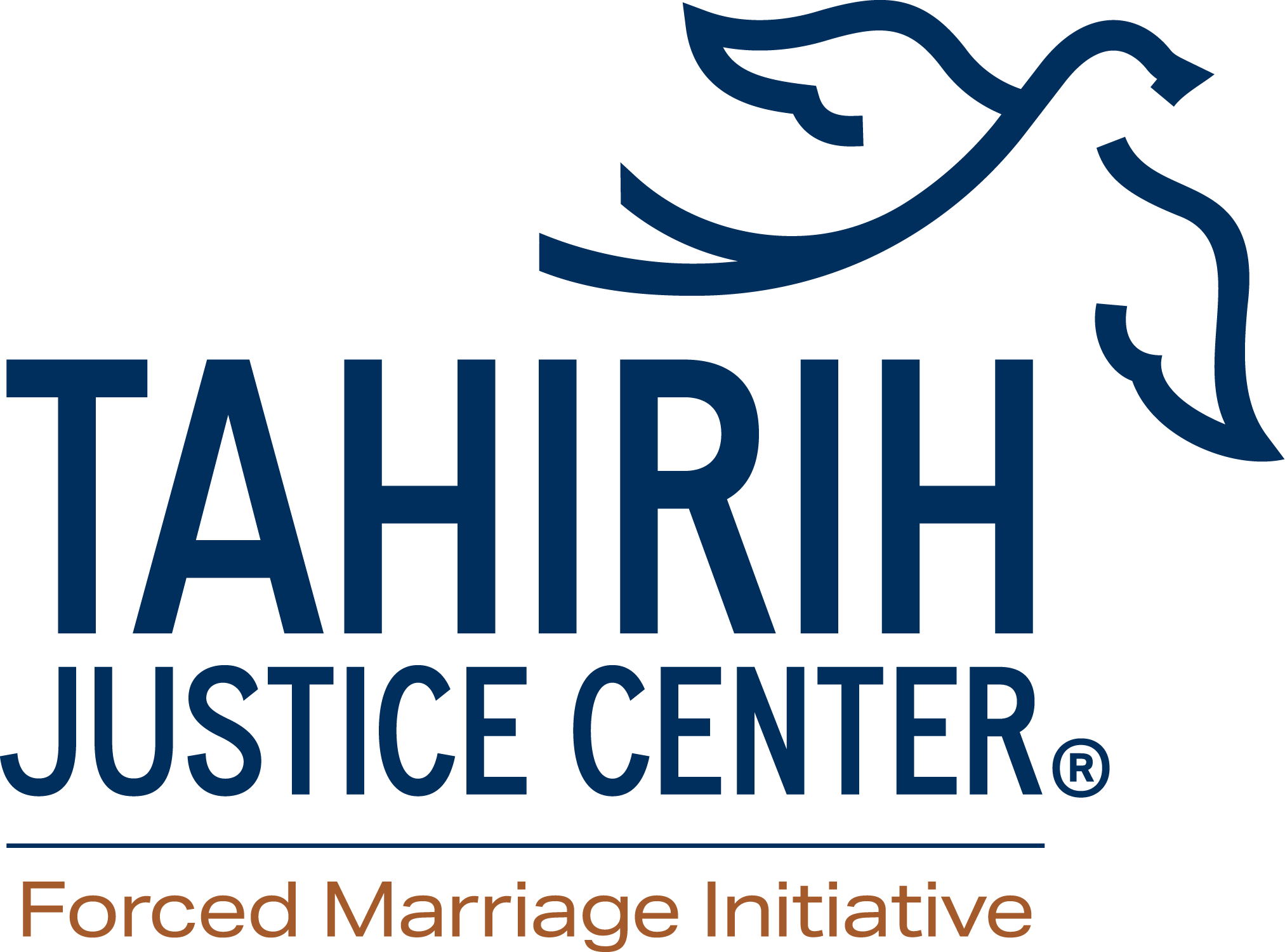Publications
National Consultation: Should Forced Marriage be a Crime in the United States?
Author: Tahirih Justice Center
Publication: June 01, 2016
This report on the June 2016 national consultation on the question of forced marriage criminalization illustrates the complexity of forced marriage cases and details advocates’ diverse perspectives on the potential risks and benefits of making forced marriage a criminal offense in the United States. The meeting was organized by the Forced Marriage Initiative at the Tahirih Justice Center and brought together 30 participants from across the United States.
Female Genital Mutilation/Cutting and Forced Marriage: Services and Advocacy
Author: Tahirih Justice Center
While not all individuals who face forced marriage are also at risk of FGM/C, and not all survivors of FGM/C will experience forced marriage, the two harms can intersect. This resource outlines the intersectionality of forced marriage and female genital mutilation/cutting and shares information on Tahirih Justice Center legal and social services for survivors or those at risk of these forms of harm.
Safety Planning for Travel Overseas Tip Sheet
Author: Tahirih Justice Center
This resource, created by the Tahirih Justice Center’s Forced Marriage Initiative, provides advice and guidance for those facing travel overseas where a forced marriage is possible. Individuals are strongly advised to avoid leaving the United States if a forced marriage is possible or imminent as it is extremely challenging to get help overseas. This tip sheet and the accompanying safety planning worksheet will assist those working with individuals at risk of forced marriage to plan in order avoid or prepare for travel overseas.
The Intersectionality of Forced Marriage and Other Forms of Abuse in the United States
Author: Casey Swegman, Forced Marriage Initiative – Tahirih Justice Center
Publication: 2016
This paper provides information and research on forced marriage in the United States and its intersections with child abuse, sexual assault and rape, domestic and family violence, stalking, female genital mutilation/cutting (FGM/C), and human trafficking. The research demonstrates that forced marriage is a serious but neglected problem in this country, and despite many advocates’ best efforts, survivors of forced marriage and those at risk continue to fall through the cracks of the systems and programs set up to protect individuals from abuse.
Examining the Impact of Gender on Young People’s views of Forced Marriage in Britain
Author: Aisha K. Gill, PhD; Heather Harvey
Publication: 2016
A study by the University of Roehampton and The Nia Project has found that there is a learned gender-based discrimination between British Asian youths. The findings suggest that girls are more likely to be compliant to forced marriage, while boys are more inclined to fight against such parental or familial wishes. The study’s recommendations are that forced marriage initiatives bare in mind this gendered difference when approaching the subject.


